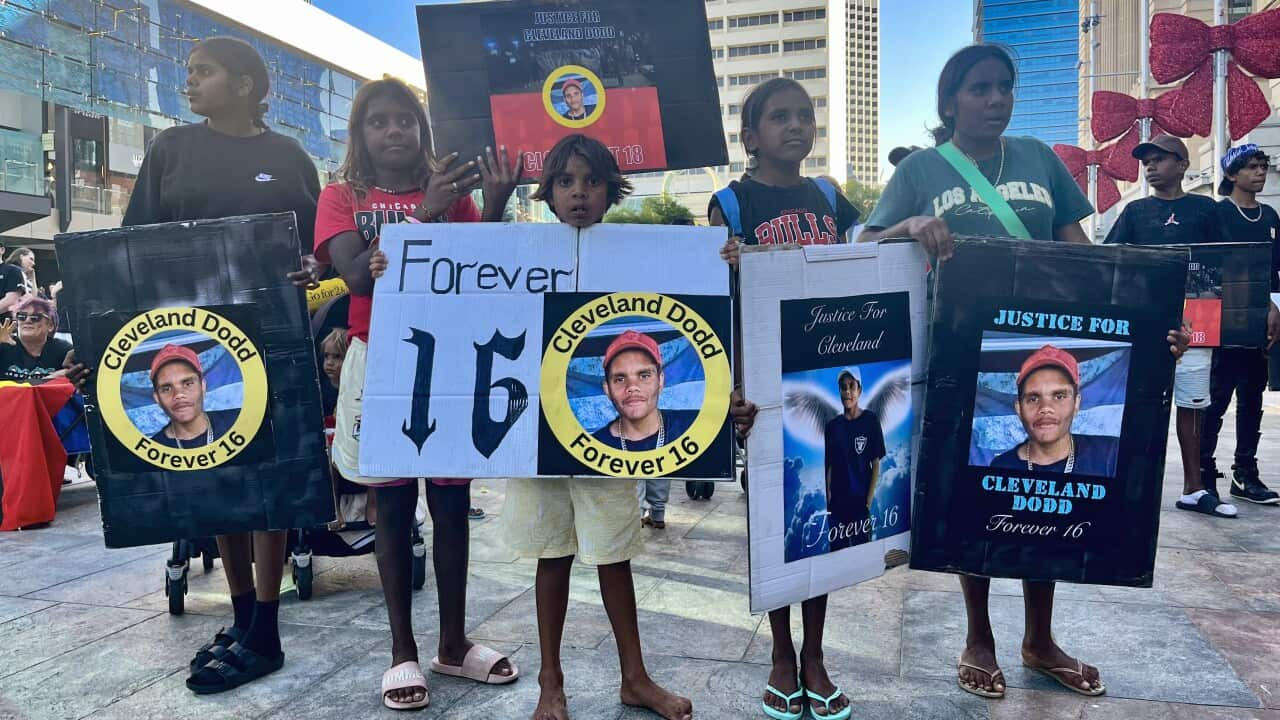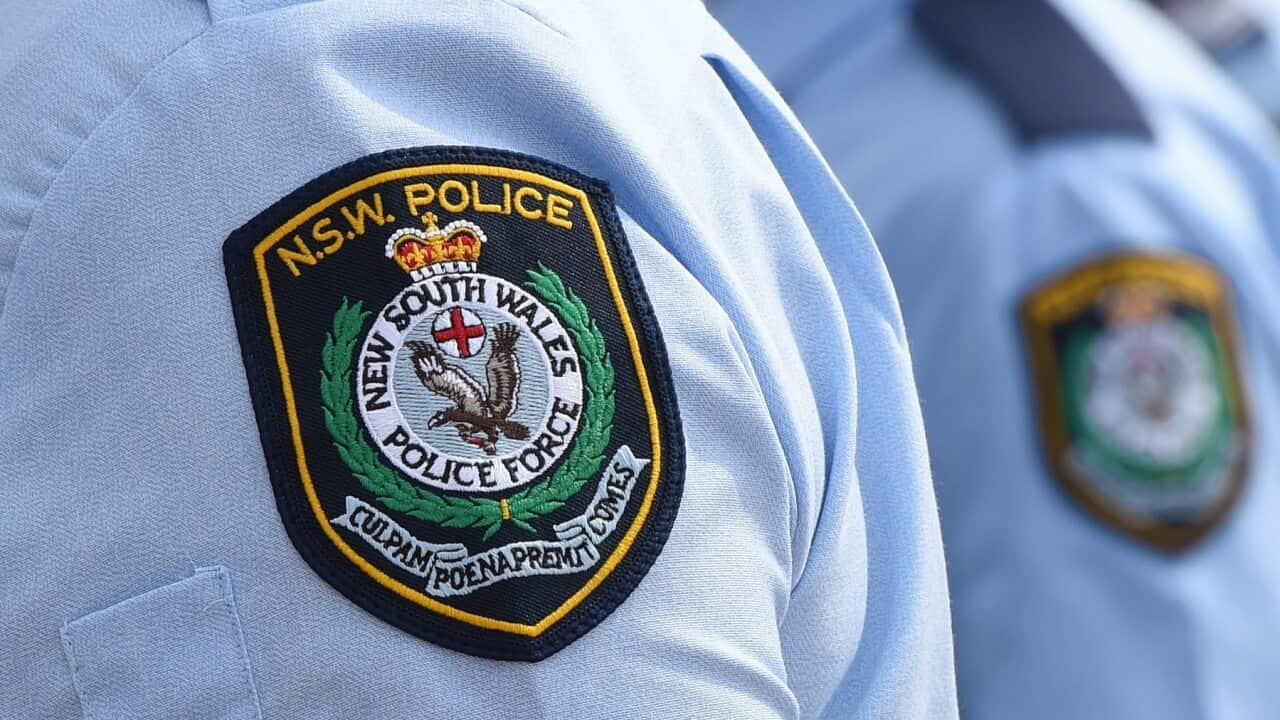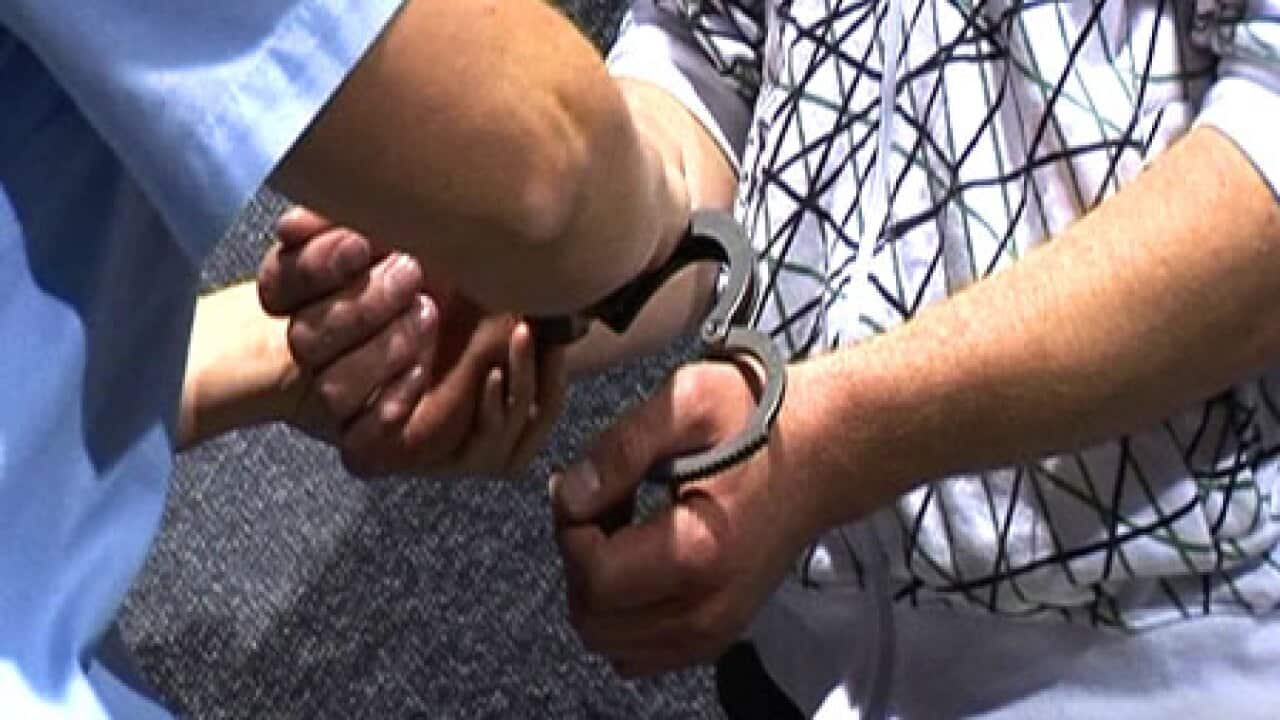The NSW government won't review police strip search policies despite a report listing the high rates of children targeted.
A report by Redfern Legal Centre has exposed the over 1500 instances of NSW police officers strip-searching children between 2016 and 2023 in a bid to push reforms.
RLC police accountability solicitor Sam Lee said the report "underscores the urgent need for systemic legislative change to reform police practices, particularly in the treatment of children and First Nations communities."
“It is simply unacceptable that these figures continue to over-represent First Nations children disproportionately.”
She said subjecting children to the strip searches is "harmful".
"The law must change to protect children," she said.
“Strip searches constitute an invasive, humiliating, and harmful process and should only be used in exceptional circumstances when no other alternative exists.”
Government rejects calls for change
However, Police Minister Yasmin Catley said the policies are fit for purpose after meeting with stakeholders.
"It's important to balance community expectations with community safety," she said in a statement on Tuesday.
It was later clarified in Parliament that there would be no formal review of the matter.
Speaking to Nine's Today, Premier Chris Minns said the policies were there to prevent drug use.
"Ultimately, the decision by NSW Police, particularly around music festivals, goes ahead so that young people, in particular, don't take illicit drugs and it doesn't lead to an overdose death at music festivals," he said.
"It'd be far better if these illicit substances weren't taken before people entered these music and rock festivals," he said.
Aboriginal children targeted in strip searches
Redfern Legal Centre's report, released on Monday, found 1546 children were strip-searched by the police across seven years.
They estimate 220 children per year, with the youngest reported being 10-years-old.
The data, obtained from the NSW Police via the access to information law, found that over half of the searches occurred in police stations with the remaining 46 per cent being in public.
"Strip searches in NSW have become routine and often do not meet the required legal thresholds," the report said.
The centre also found that Aboriginal and Torres Strait Islander children were disproportionately targeted.
Indigenous children made up almost 45 per cent of the children strip searched despite only being 6.2 per cent of the NSW population aged between 10 and 17.
The youngest girls strip-searched were 12-years-old. Nine Indigenous girls 12-year-old girls were strip-searched during the seven years and one non-Indigenous girl of the same age.
In 2017 and 2019 two 11-year-old Indigenous boys were reportedly strip searched.
'Deeply intrusive, humiliating and disempowering'
Supporting the work of the RLC, the Aboriginal Legal Service NSW/ACT CEO Karly Warner said there is "no circumstance" in which a strip search is acceptable.
"There is no circumstance where it is acceptable for a child to be ordered to remove their clothes in front of adults. Being strip-searched is deeply intrusive, humiliating and disempowering," she told NITV.
Ms Warner noted the news comes quickly after the state's plan to push "devastating" new bail laws.
"The evidence shows that discretionary action by police, like strip-searching, is overwhelmingly responsible for putting more Aboriginal people in jail," she said.
"We need stronger laws to define when, where and why strip-searches are permitted, and robust independent oversight to hold police accountable.
"Impunity is injustice.”
In September of last year, an audit from the Law Enforcement Conduct Commission found police often failed to follow proper procedures during strip searches.
Around 30 per cent of strip-search records audited did not demonstrate reasonable grounds for the procedure being carried out.
Lifeline 13 11 14
Kids Helpline 1800 55 1800 (for people aged 5 to 25)














